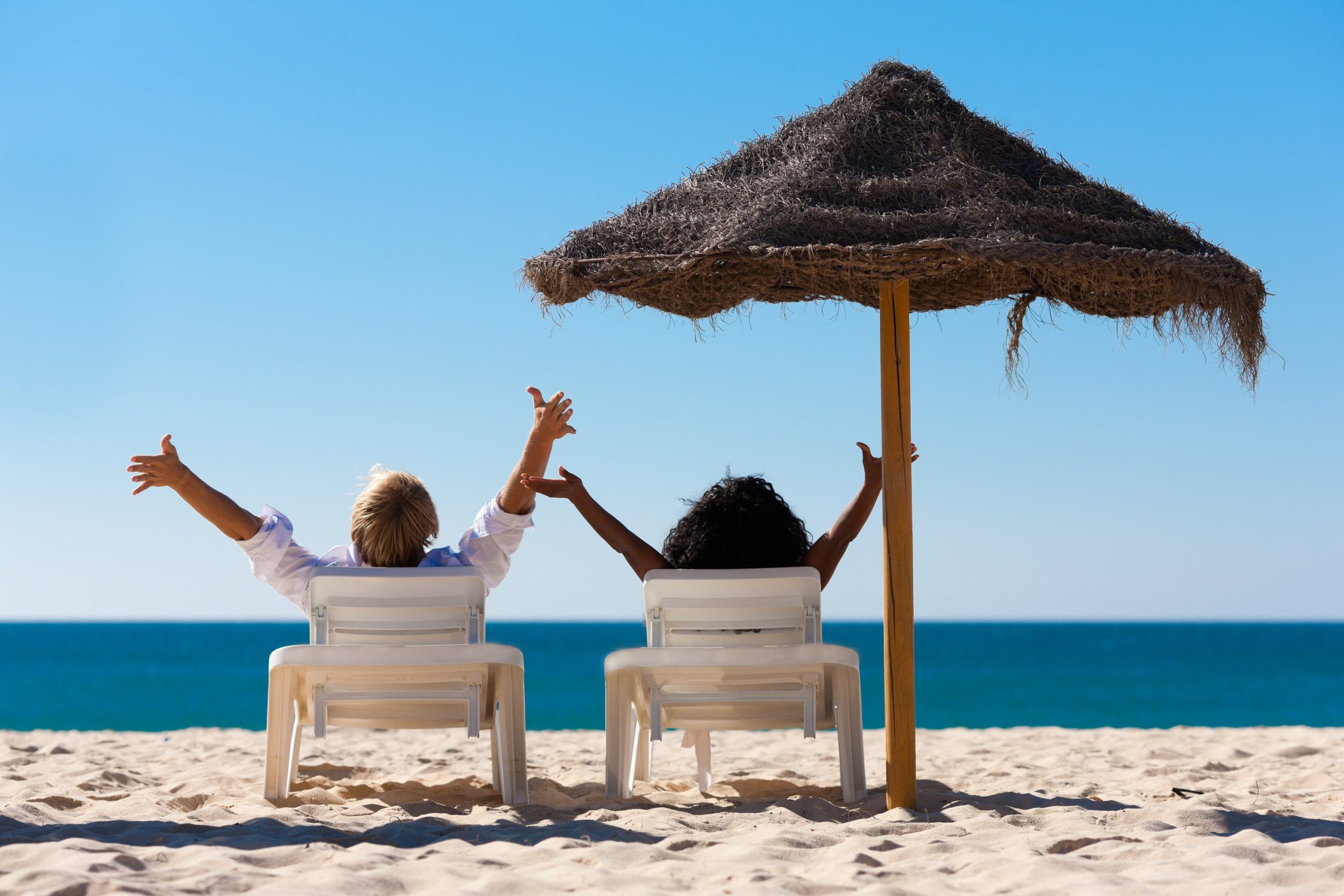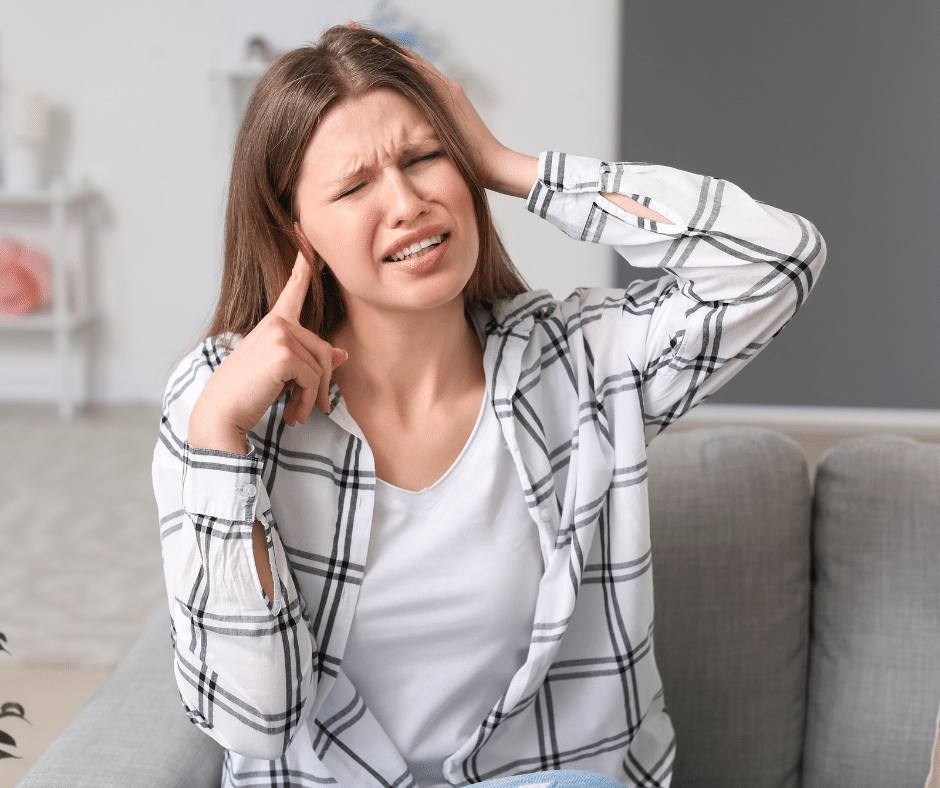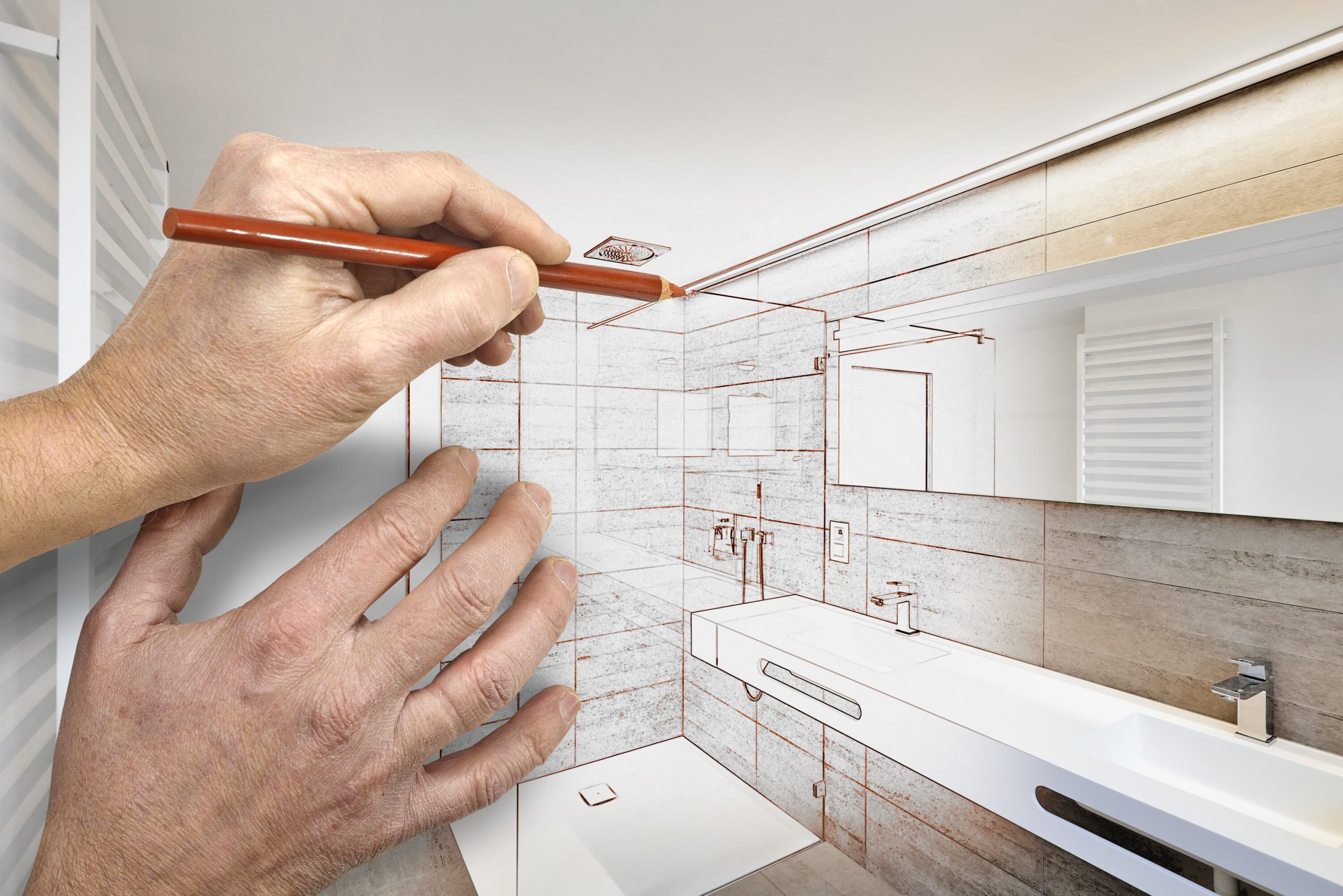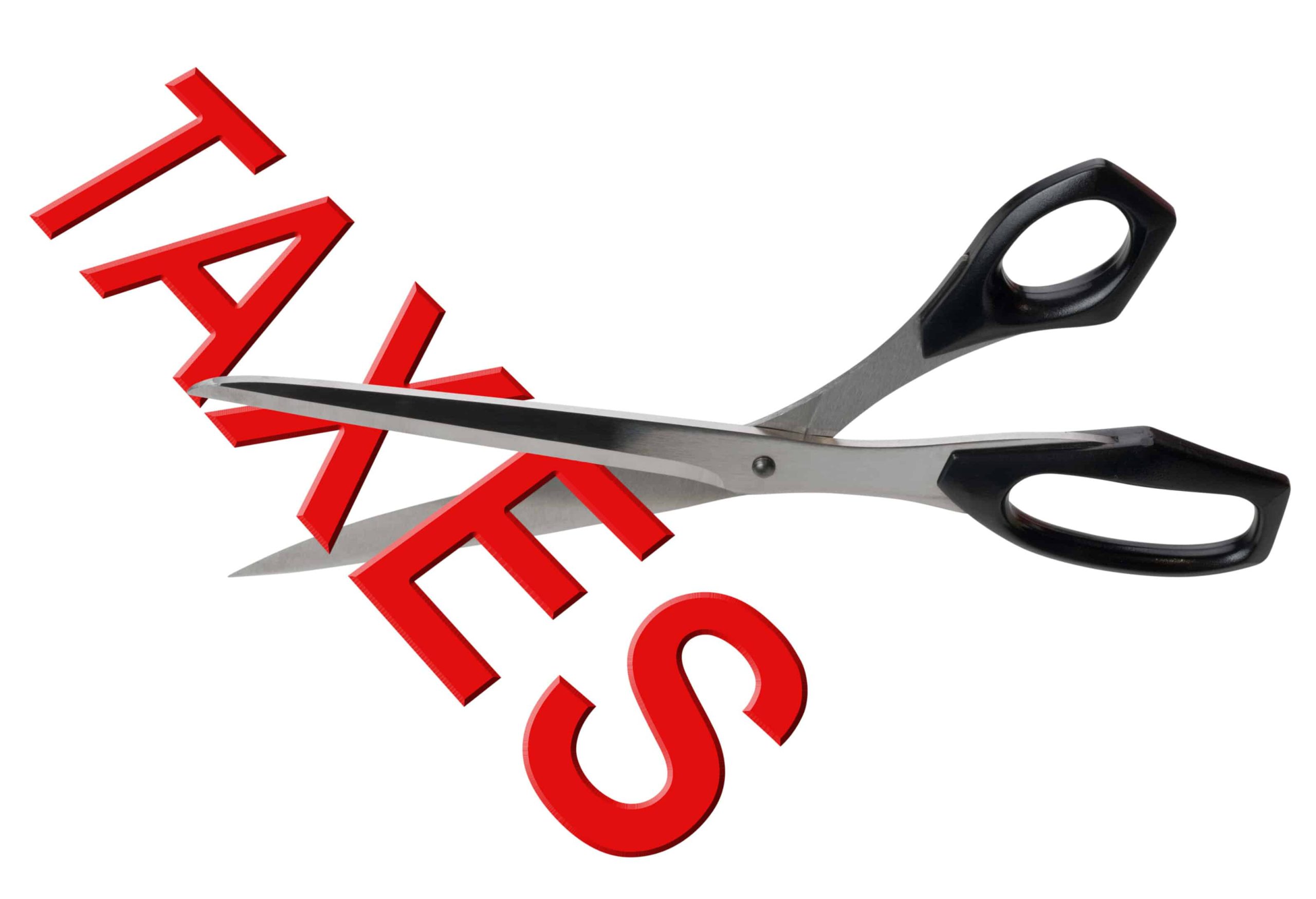
How to Save Energy While You’re Away on Vacation
For your convenience you can listen to the article here:
Whether you’re leaving town for spring break, a summer vacation, fall break, or a trip to visit family over the holidays, any time you’re away from home for a few days or more you have an opportunity to save energy. Saving energy means saving money. Taking advantage of those opportunities can help you pay for more vacations in the future! Here are a few easy ways to save money on your energy bills while protecting your home when you go out of town.
Vacation Checklist
- Setting Your Thermostat for Vacation
- Close the Blinds and Curtains
- Use a Timer
- Unplug Energy-Draining Appliances and Electronics
- Turn Down the Heat on Your Water Heater
Setting Your Thermostat for Vacation
For the average homeowner, heating and cooling costs make up about 50% of their monthly energy bills. Any time you can save energy on heating and cooling, do it. You have an opportunity to make a significant difference in those monthly bills. Changing your thermostat settings when you’re away from home is one great way to save energy.
- What About My Pets?
However, you should not turn your heat or AC off completely because that can lead to damage to your home. It’s also important to keep in mind the health and safety of any pets who will be left in the home. If there will be pets staying in the home, then for their sake you may need to set the thermostat higher or lower than the recommendations below. Check with your veterinarian if you’re unsure of what’s a safe temperature range for your pets.
- Summer Vacation Setting and Things to Consider
Assuming your home will be uninhabited while you’re on vacation, here’s how to set your thermostat to save money. During the warmer months experts generally recommend setting the thermostat to about 80-85 degrees while you’re gone. That will save a significant amount of energy on air conditioning.
Don’t set the temperature higher than 85 or turn off the air conditioning completely. You don’t want too much humidity to build up inside of your house. Humidity can lead to organic growth and damage wood floors and furniture. Also, too-high temperatures can damage appliances and electronics. This applies particularly to your refrigerator.
- Winter Vacation Settings and Things to Consider
During the colder months experts recommend setting the thermostat at about 55 degrees while you’re gone. Again, this will save a great deal of energy. But don’t set the temperature any lower than 55 or you may increase your risk of frozen pipes. If you have a heat pump, keep in mind that you’ll want to raise the temperature slowly. When you get back do this in order to avoid having the expensive auxiliary heat come on.
- Update for Comfort and Peace of Mind
If you have a programmable thermostat, this is a great opportunity to take advantage of it. Program it to set back the temperature while you’re gone and then to slowly begin cooling or warming your house on the day before you get back. That way you can save energy and come home to a comfortable house, too!
See Also: Thermostats
Close the Blinds and Curtains
Another way to help save energy while you’re gone is to close the blinds and curtains on your windows before you leave. In the summer, this will help block out sunlight, keeping your home cooler. In the winter, closed curtains can help to hold in heat, again making it easier for your home to stay warm.
Use a Timer
For security reasons, you don’t want to leave your home completely dark for the entire time you’re away. But leaving lights on 24/7 is a waste of energy. Using timers to turn a few lights on and off in the evening can save energy while making your home look occupied.
Unplug Energy-Draining Appliances and Electronics
Did you know that your television is still consuming electricity even when it’s not turned on? That’s true for your other plugged-in appliances and electronics too. Another way to save energy when you leave town is to take a few minutes to go around and unplug anything that doesn’t need to be plugged in while you’re gone. If items are plugged into a surge protector, you can just switch off the surge protector to get the same effect.
Not only will this quick task save energy, it can help to protect your electronics and appliances in case there’s a power surge while you’re gone. That can also help to reduce your risk of a fire.
Turn Down the Heat on Your Water Heater
Many water heaters have a “Vacation” setting. Switching to this setting will lower the temperature that your water heater is holding at, which in turn will save energy. Just be sure to switch your water heater back to its regular setting when you get back, and allow the water to warm up fully before using it.
Although you may be tempted to shut your water heater off completely, keep in mind that gas water heaters will need their pilot light relit, often by a professional. And if it’s during the winter, shutting down your water heater can increase your risk of frozen pipes. Simply lowering the temperature or using vacation mode instead can save energy and help you avoid those issues.
See Also: Conditioned Air Solutions/ About Us


